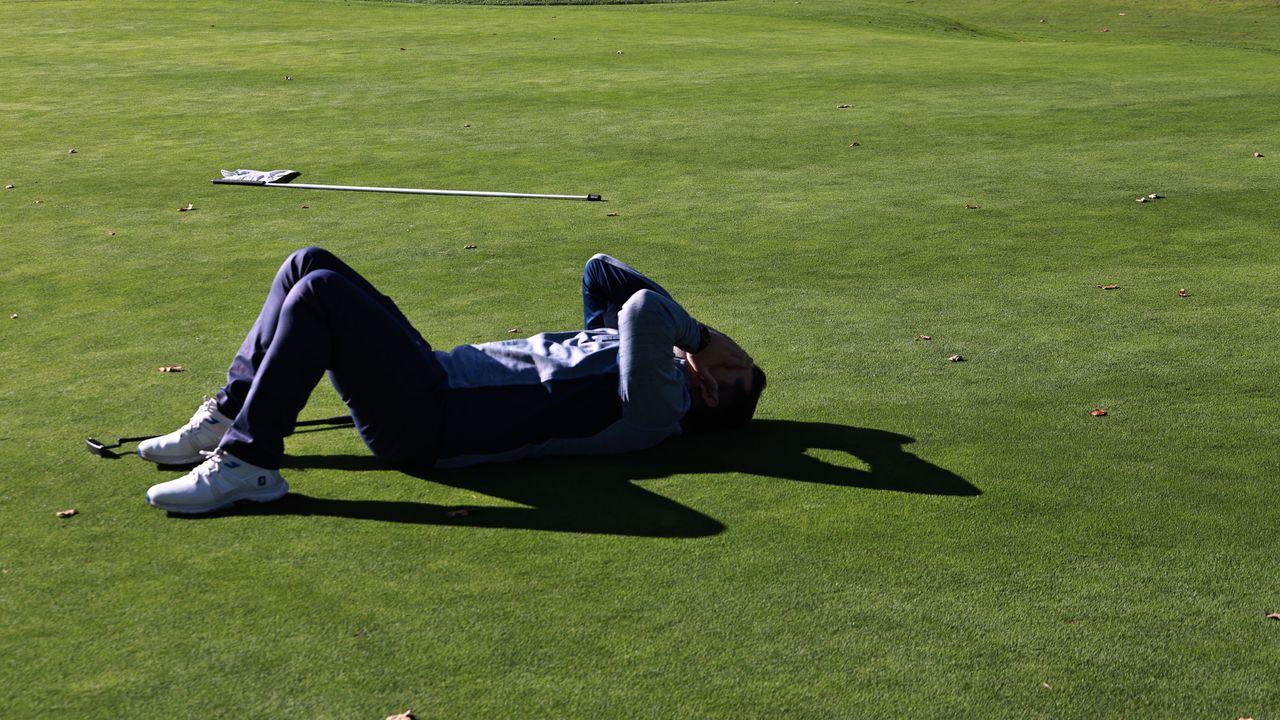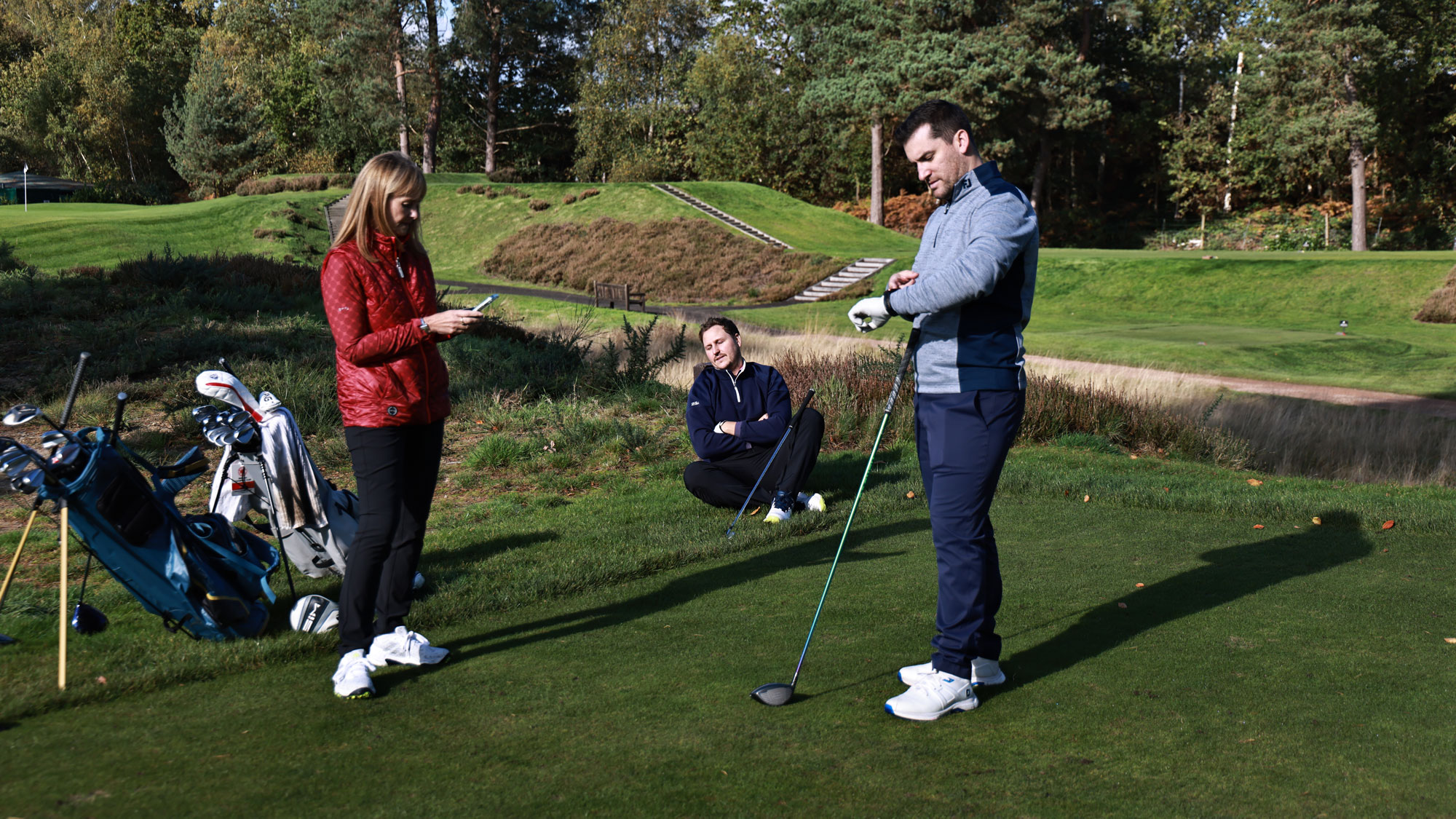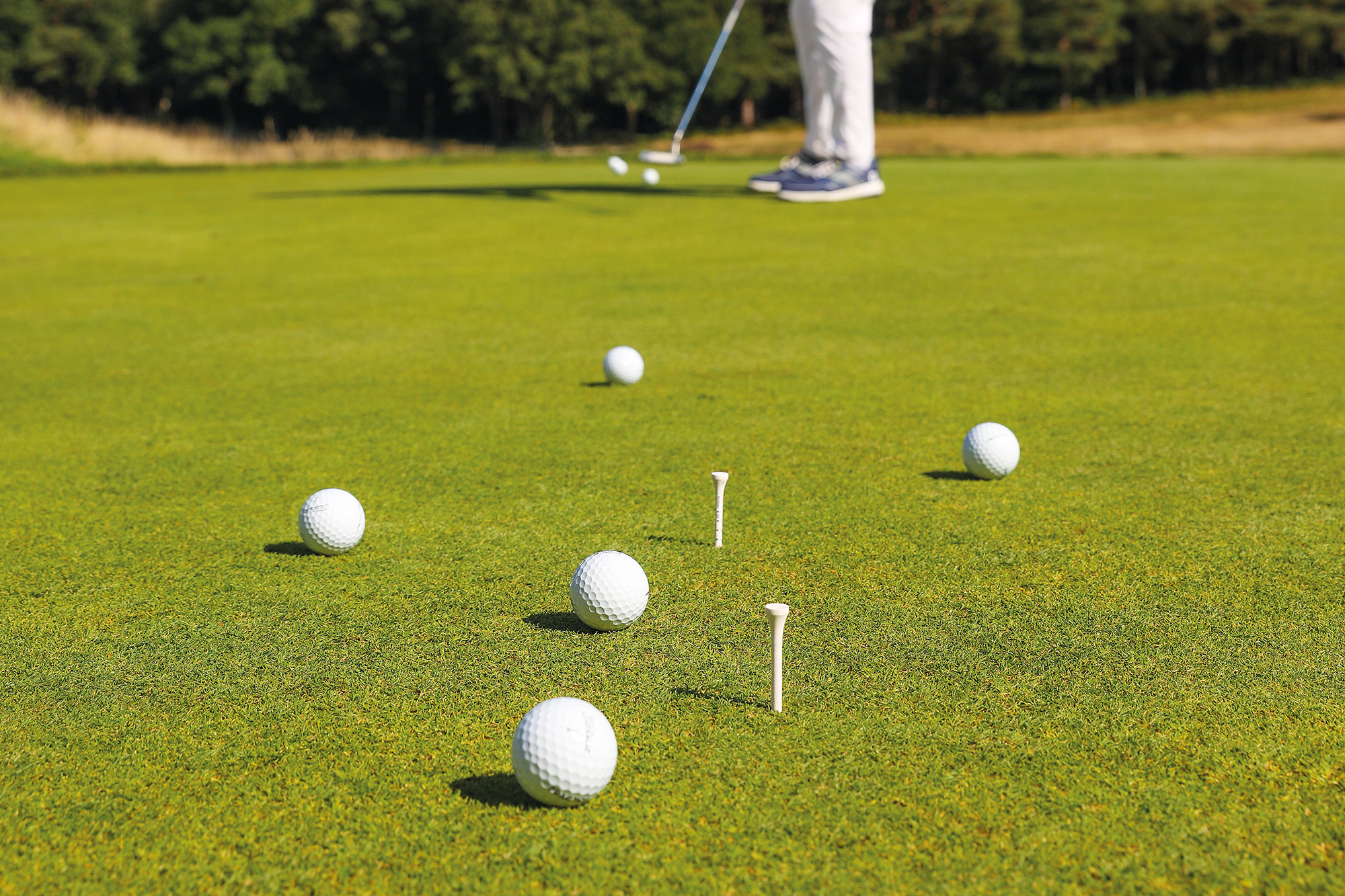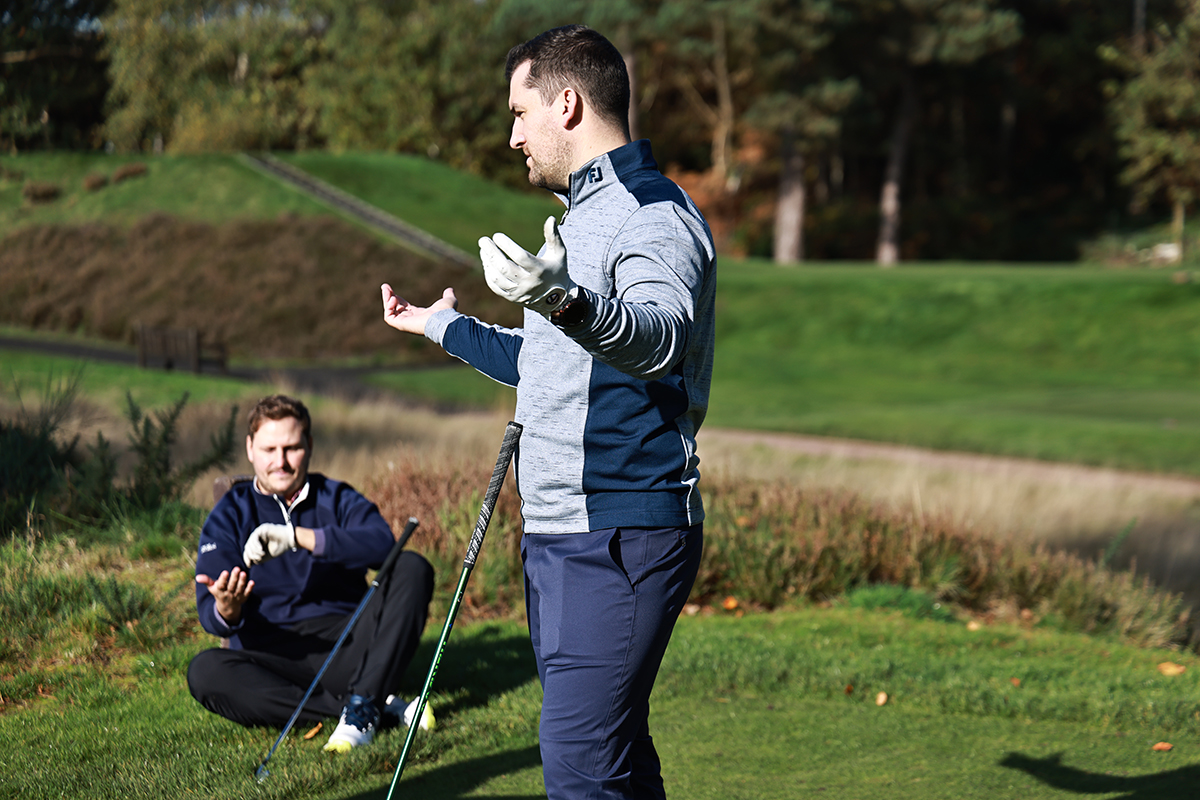
If you break the Rules in golf, you’re going to face a penalty. In most instances an infringement will cost you shots.
You receive a one stroke penalty for a minor infringement like accidentally causing your ball to move or taking an incorrect drop.
You receive the general penalty of two shots in stroke play and loss of hole in match play for a more serious breach like playing the ball from the wrong place or giving advice to a fellow competitor.
In those instances of Rules infringements, your score will be affected but you will still be part of the competition. In the most serious cases of Rule breaking though you can be disqualified from the competition.
For serious misconduct for instance – that’s in the very first Rule in the book. If a committee feels a player has acted against the spirit of the game… if they are known to have cheated for instance… they can disqualify that player.
That’s an obvious one, but there are some more obscure ways you can be disqualified. Here are some of them:
Teeing off Early

If you arrive to the tee more than five minutes late for a competition tee time, you are disqualified – unless the committee decides exceptional circumstances have caused the delay.
That seems fair enough. If you turn up late, you’re out. But more unusual and perhaps less known is that you are also disqualified if you tee off more than five minutes early.
If you and a playing partner arrive to the course for your medal round earlier than expected, and you decide to set out straight away without securing the approval of the committee, you are disqualified!
Practicing on course

You can’t make a practice stroke on the course during your round except putting or chipping near or on the green of the hole you’ve just finished, or around the next tee.
If you make a practice stroke on the course during the round other than that, you’ll receive the general penalty.
Rule 5.2 says you can’t practice on the course before a stroke play round either.
If you had a putt on the 18th green before you headed to the 1st tee, you’d receive a two shot general penalty. If you hit a second practice putt on that green you’d be disqualified.
Adjusting a club

Many drivers and fairway clubs now come with adjustable features to help you create the shot shape you want. Before you head out for a round, you can tinker with the settings to find the right one for your requirements.
But, if you made an adjustment during a competitive round and then played a shot with the adjusted club – you’d be disqualified under Rule 4.1a(3).
Playing from the wrong place

If you play from the wrong place you will get a general penalty. Then though, you must decide whether you need to correct the mistake and, in some instances, if you don’t, you’ll be disqualified.
You must decide whether you’ve gained a significant advantage by playing from the wrong place.
If you’ve taken a drop and the ball has rolled just outside the relief area but the lie is just as it would have been within the relief area, you won’t have gained a significant advantage so you could play out the hole with the ball played from the wrong place.
But if you’ve taken a drop and the ball has rolled just outside the relief area from thick rough and onto the fairway, you will have gained a significant advantage so you will have to correct the mistake, re-drop correctly and play out from the right place.
In that second instance, if you don’t correct the mistake, you will be disqualified under Rule 14.7b.
Four ball scoring

In four ball stroke play, each score on the scorecard must be identified as the score of the individual player. It’s not enough to just fill in one column with the best score of the team in general.
If you don’t indicate which player’s score is counting on each hole – you will be disqualified.







